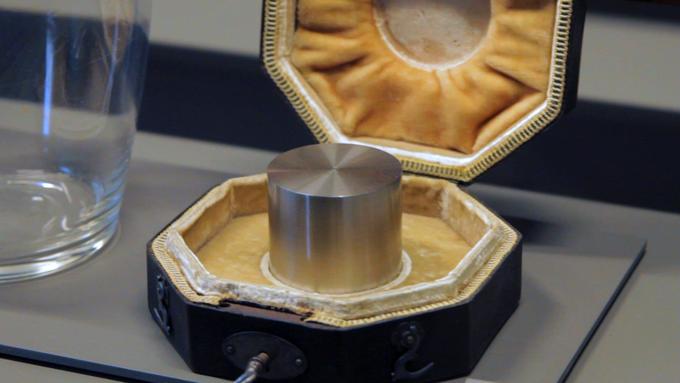In the early 2010s, there was a lot of pushback from up-and-coming left media figures like Owen Jones and Laurie Penny to criticisms of their PMC and educational backgrounds.
More from Education
When the university starts sending out teaching evaluation reminders, I tell all my classes about bias in teaching evals, with links to the evidence. Here's a version of the email I send, in case anyone else wants to poach from it.
1/16
When I say "anyone": needless to say, the people who are benefitting from the bias (like me) are the ones who should helping to correct it. Men in math, this is your job! Of course, it should also be dealt with at the institutional level, not just ad hoc.
OK, on to my email:
2/16
"You may have received automated reminders about course evals this fall. I encourage you to fill the evals out. I'd be particularly grateful for written feedback about what worked for you in the class, what was difficult, & how you ultimately spent your time for this class.
3/16
However, I don't feel comfortable just sending you an email saying: "please take the time to evaluate me". I do think student evaluations of teachers can be valuable: I have made changes to my teaching style as a direct result of comments from student teaching evaluations.
4/16
But teaching evaluations have a weakness: they are not an unbiased estimator of teaching quality. There is strong evidence that teaching evals tend to favour men over women, and that teaching evals tend to favour white instructors over non-white instructors.
5/16
1/16
When a teaching award is based solely on teaching evals and then only men get it. pic.twitter.com/szIBkCvTe9
— Dr. Marissa Kawehi (@MarissaKawehi) February 12, 2021
When I say "anyone": needless to say, the people who are benefitting from the bias (like me) are the ones who should helping to correct it. Men in math, this is your job! Of course, it should also be dealt with at the institutional level, not just ad hoc.
OK, on to my email:
2/16
"You may have received automated reminders about course evals this fall. I encourage you to fill the evals out. I'd be particularly grateful for written feedback about what worked for you in the class, what was difficult, & how you ultimately spent your time for this class.
3/16
However, I don't feel comfortable just sending you an email saying: "please take the time to evaluate me". I do think student evaluations of teachers can be valuable: I have made changes to my teaching style as a direct result of comments from student teaching evaluations.
4/16
But teaching evaluations have a weakness: they are not an unbiased estimator of teaching quality. There is strong evidence that teaching evals tend to favour men over women, and that teaching evals tend to favour white instructors over non-white instructors.
5/16
Our top 15 tweets
A #prodmgmt thread 👇
https://t.co/Yv854Sd3P3
https://t.co/sXaMH1bZ9m
https://t.co/5X7bOTsS7m
https://t.co/w1y6LTtPS2
A #prodmgmt thread 👇
https://t.co/Yv854Sd3P3
Sum up Product Management in 4 words or less. \U0001f609
— Product School (@productschool) April 10, 2020
https://t.co/sXaMH1bZ9m
\u201cWithout data, you\u2019re just another person with an opinion.\u201d
— Product School (@productschool) July 22, 2020
-W. Edwards Deming
https://t.co/5X7bOTsS7m
MVP (Minimum Viable Product) or MLP (Minimum Lovable Product)? \u2764\ufe0f
— Product School (@productschool) July 6, 2020
https://t.co/w1y6LTtPS2
UI/UX are not just add-ons for a product. They\u2019re critical elements that need care, research, and a Product Manager\u2019s full attention.
— Product School (@productschool) July 12, 2020
This is the steady stream of propaganda that's going to be hitting us daily, selling "deprogramming" and "re-education" as normal and reasonable, attempting to convince us that the Biden-Harris side is the good-guy side, admittedly 'backed by corporate billionaires'.
Don\u2019t know who this dude is but he broke that shit DOWN!! Listen especially the ones that need to hear it!! pic.twitter.com/gSZno2yaRh
— Leslie Jones \U0001f98b (@Lesdoggg) January 17, 2021

















